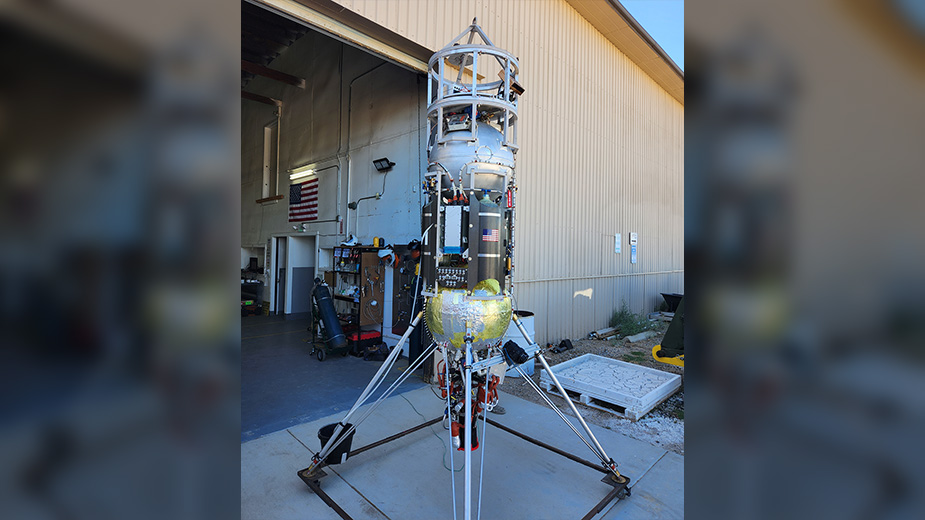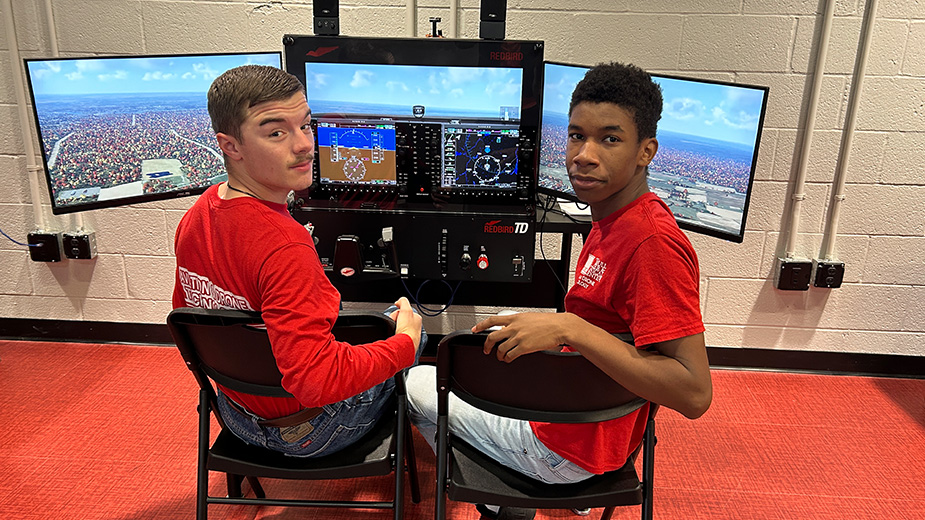Astrobotic Rocket Completes Flight Test Campaign
MOJAVE, California. – Astrobotic recently completed a commercial flight test campaign for the University of Central Florida.
The campaign consisted of four flights aboard Astrobotic’s Xodiac VTVL rocket to test UCF’s Ejecta Storm laser sensor, which was developed to study plume-surface interactions between a rocket plume and lunar regolith, a news release states.
The test campaign will provide data for researchers as they seek to better understand plume-surface interactions for a return to the moon under NASA’s Artemis program.
The test flight was conducted by Astrobotic’s Propulsion & Test Department, whose workforce, vehicles and assets came from Masten Space Systems, which Astrobotic acquired last September.
Xodiac is Astrobotic’s fourth-generation rocket-powered terrestrial lander that simulates lunar and planetary landings, tests flight systems and hardware in the loop, retires risk and advances technology readiness for terrestrial and space applications.
“I’m thrilled that we can continue to provide this unique flight test capability for our customers as part of Astrobotic,” said David Masten, chief engineer for Astrobotic’s Propulsion & Test Department. “We designed Xodiac for maximum reusability, and the fact that we’re still flying the same vehicle eight years later says a lot about Xodiac’s durability and the value of the services it provides.”
The next Xodiac campaign will provide flight testing for the three winning teams of the TechLeap Prize, which is managed by NASA’s Flight Opportunities program. Xodiac is also scheduled to fly campaigns in 2024 for NASA, San Diego State University and Astrobotic’s Space Robotics department.
Astrobotic was founded in 2007 and is headquartered in Pittsburgh, Pa.
Pictured at top: Astrobotic’s Xodiac VTVL rocket.
Published by The Business Journal, Youngstown, Ohio.



